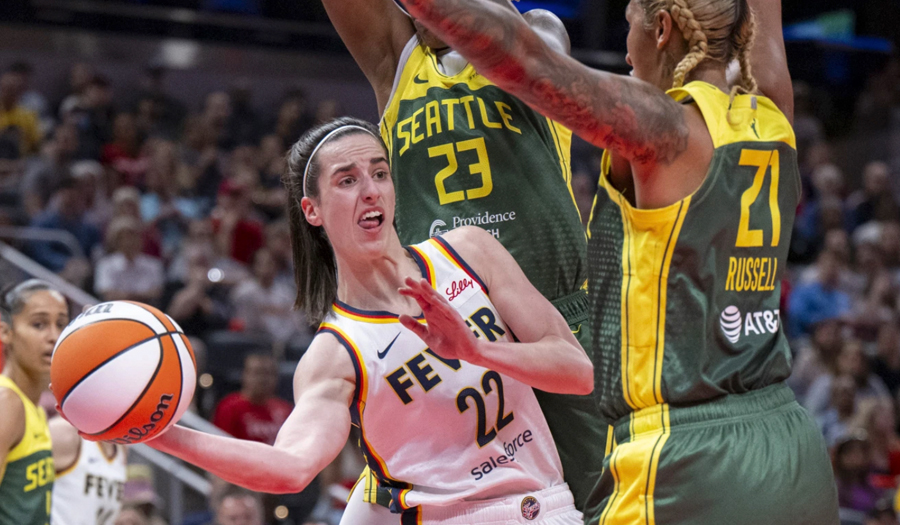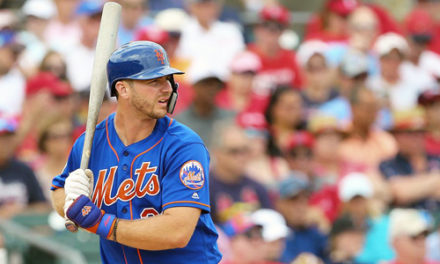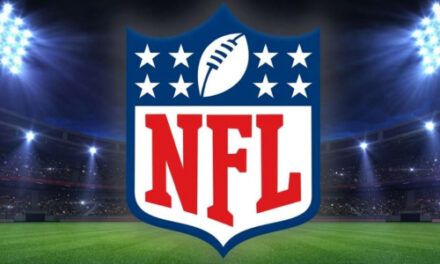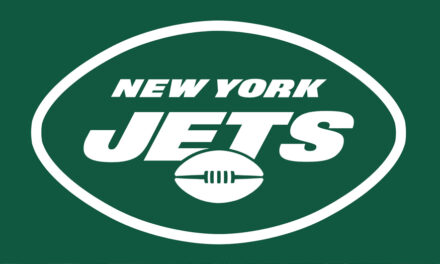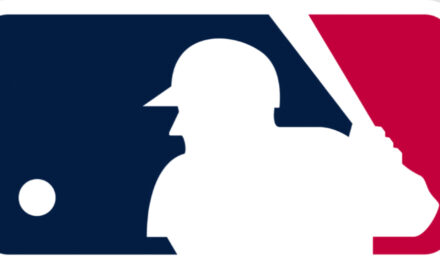New York (AP) – Oh, you thought going to a WNBA basketball game might be an escape from the arguments and polarization that are so common in American life these days? Ha, good one.
Some of the atmosphere in the public and media that has swirled around the professional women’s league since the season started last month has been less fun time and more culture war, with rookie Caitlin Clark as the unwilling eye of the storm.
The white, 22-year-old University of Iowa college standout and No. 1 draft pick has become a canvas for all sorts of projections in her debut season with the Indiana Fever. She, and the predominantly Black and brown women playing in the league alongside her, seem to have become the latest proxies for longstanding American issues from race, gender and sexual orientation to who gets to take (or is thrust into) the spotlight and who gets ignored.
That shouldn’t really surprise anyone, says Sarah Fields, professor of communication at the University of Colorado Denver, who studies the intersection of sports and American culture. “Sport,” she says, “is a microcosm (that) reflects and refracts society.”
What makes Clark distinctive also makes her a lightning rod.
That Clark merits attention for her basketball prowess is not in doubt.
— She holds the record for most points by a Division I college basketball player, was known for her three-point shots along with a strong passing ability, and led her team to two straight national championship games. (They did end up losing both, to LSU and the University of South Carolina.)
— She was the unquestioned top choice for the 2024 WNBA draft in a strong class that also included Angel Reese of LSU, Kamilla Cardoso of South Carolina and Cameron Brink of Stanford University.
— Clark has also had the fortune of entering the scene at a time when women’s sports, at both the collegiate and professional levels, are seeing increasing interest and engagement from the public. The sponsorship money started coming for her in college, thanks to name, image and likeness opportunities, and she just recently signed a signature sneaker deal with Nike.
But this is America, where people who may have been flying under the radar or are known only to a smaller community can garner widespread public attention and celebrity almost overnight, and all of a sudden everyone’s got thoughts and opinions to offer.
In some corners of the internet and among some of the (predominantly male) sports punditocracy, Clark is being talked about as if she is THE reason the almost-30-year-old WNBA is FINALLY interesting enough to watch, and that the other players should keep that in mind and basically be “nice” to her, as if she needs to be protected.
That a young white woman is being put in the central role, with Black and brown women relegated to supporting characters, is about as old and familiar a trope as exists in a country with as troubled a racial history as the United States, says Frederick Gooding, Jr., an associate professor of African American studies at Texas Christian University.
“It’s not so much about the visibility of Clark,” he says. “It also speaks to the invisibility of Black females and how difficult it is for Black females to obtain that same type” of attention.
Bypassing Clark for the US Olympic team caused a backlash.
There’s been chatter that the veterans of the league are merely jealous of her spotlight, that she’s unfairly bearing the brunt of overly physical play like when Chennedy Carter of the Chicago Sky knocked her down, which was later deemed a flagrant foul. Rough plays against other players, like when Reese was clotheslined by Alyssa Thomas of the Connecticut Sun, doesn’t get nearly the same attention.
When Clark wasn’t picked last week for the U.S. women’s Olympic basketball team as a rookie, the outrage was vocal from some, who chastised the move as being short-sighted for not seeing the marketing opportunity.
“How dare you make this decision?” sports commentator Stephen A. Smith asked on ESPN’s “First Take.” “It’s stupid.”
Some of the commentary, especially online, was overtly racial, taking the stance that Clark was being discriminated against in the WNBA and in the Olympics selection because she is white and many of the other players are Black. (There are white players on the Olympics roster, a veteran squad in search of its eighth straight Olympic gold against tough international competition.)
Sid will be back next week!

